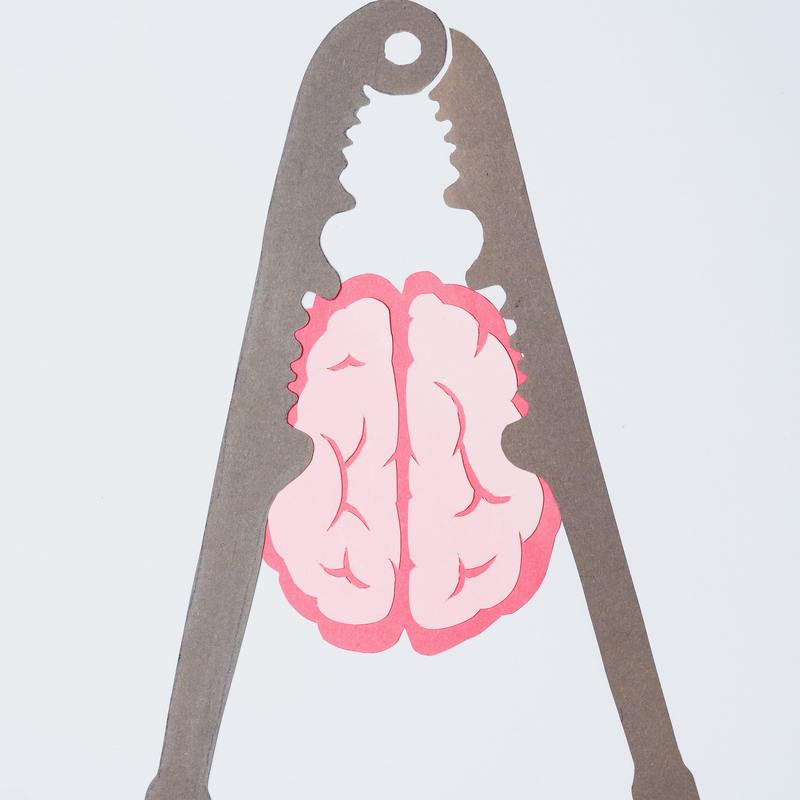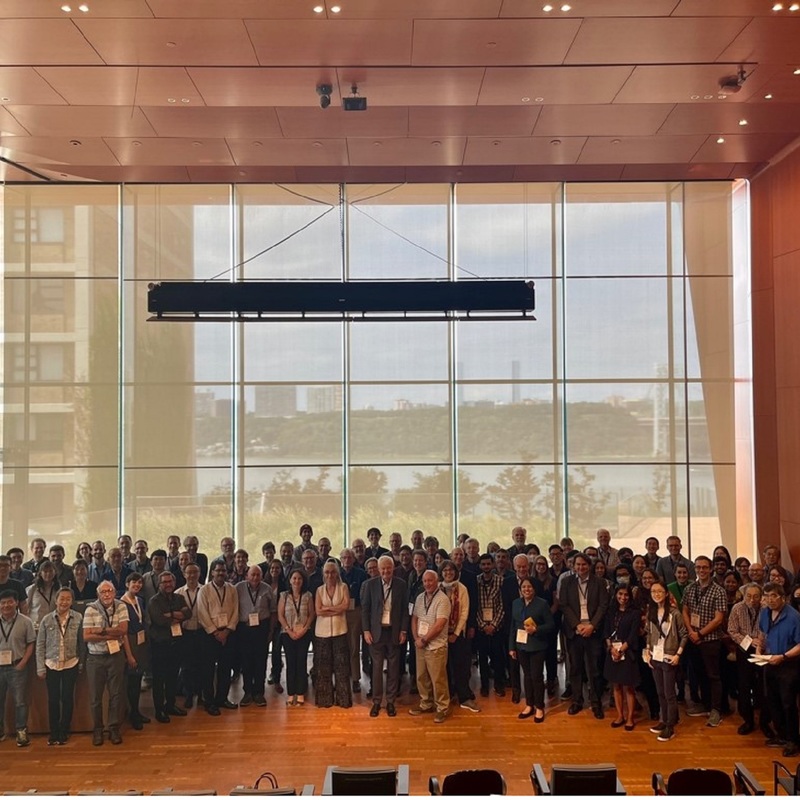Search
Short Communication: Wildlife Roadkill Mitigation in India
DOI: 10.17160/josha.10.2.857
Roadkill appears to be unavoidable wherever wildlife habitat and roadways intersect. The effects of wildlife roadkill on native animal populations can be significant, and understanding the causes and patterns of roadkill is required for effective management intervention. Monitoring wildlife roadkill can provide much broader ecological knowledge, such as species distributions, population dynamics, and behaviour, as well as informing us about the health of the species and the environment.
How the Environment Affects the Adolescent Brain
DOI: 10.17160/josha.9.6.856
This article is the second of a two-part series on adolescent brain development and function. While the first article discussed the neuroscience of how the adolescent brain changes as it matures, this article will focus on how the environment can interfere with the adolescent brain and make them more likely to develop mental health disorders. Two major environmental influences are discussed in depth: substance abuse (cigarette smoking, marijuana use and alcohol) and chronic stress (bullying and caregiver maltreatment, e.g. sexual/physical abuse, emotional/psychological abuse, neglect). The results of the studies are discussed in the context of individual differences and long-term consequences on mental and physical health. The main takeaway is that the adolescent brain is particularly susceptible to environmental influences with long-term effects for mental health, and it emphasizes the importance of providing proper emotional support for this age group.
Snake Rescue Manual: Guidelines on Snake Rescue, Snakebite Management, and Community Education for Snake Conservation
DOI: 10.17160/josha.10.1.855
Human-Snake conflict (HSC) is a complex and pervasive problem that occurs wherever snakes and people share the same habitat. Lack of information, ignorance by the masses and absence of snakebite prevention measures results in around 2100 annual deaths in Gujarat while the national mortality figure is as high as 58,000. While the need to improve the quality of anti-venom serum and post bite clinical management is high priority, prevention of bites can play a vital role in bringing down the mortality rates. Snakes and people often need to be rescued from certain situations especially when the former comes near people’s houses and backyards, especially in rural areas. Since snake capture is a specialised activity and is often potentially dangerous in case of venomous snakes, it requires systematic training and experience. Proper knowledge to administer the right first aid can very well save a limb and even a life.
Design Research for Healthcare
DOI: 10.17160/josha.10.2.854
Importance of user-research for developing human centred solutions. In this article, Anmol talks about the role user research played in ensuring that their team’s solution for rural healthcare was ‘humans-first’ and not ‘technology-first’.
The Vulnerability and Strength of the Adolescent Brain
DOI: 10.17160/josha.9.5.851
Around 20% of adolescent suffer from a mental illness, and suicide is the third leading cause of death among this age group. An interesting but disturbing fact is mental illness onset surge in adolescents. This article dives into the neuroscience of why and how the adolescent brain is more vulnerable to mental health challenges. The article discusses the two major sensitive periods of brain development: infancy and adolescence, of which the latter will be discussed in the context of sex hormones, neurotransmitters, anatomical maturation, and error signals generated by the brain. The major take-away is that the adolescent brain is in a period of construction that makes it more challenging to make the right decisions in the right situations. It is emphasized how the adolescent brain does not choose to act irrationally or succumb to peer pressure. Rather, the adolescent brain is in a transition phase that requires time and support to mature.
Speech by Joachim Frank
DOI: 10.17160/josha.9.5.850
Nobel Prize winner Dr. Joachim Frank shares another impressive speech with JOSHA. His speech concluded the international symposium on the occasion of his 82nd birthday, which took place on September 4th, 2022 in the Vagelos Education Center of Columbia University. Among the topics he covered were his first exposure to molecular biology, the accidental discovery that led him into the direction of his research, and advice to young scientists about the importance of “peripheral vision” for success in their careers.
Symposium “Intelligent Oncology - The Potential of AI to Cure Cancer"
DOI: 10.17160/josha.9.5.849
The Inaugural Symposium “Intelligent Oncology - The Potential of AI to Cure Cancer" took place in Freiburg, Germany on September 30, 2022. The theme of the symposium was AI-assisted cancer research, and the aim was to present the state-of-the-art of cancer diagnosis, prognosis, and treatment with data-driven methods, to identify high-impact research directions. The meeting brought together leaders from industry and academia to exchange and share their experiences, present research results, explore collaborations and to spark new ideas, with the aim of developing new projects.
When Trauma is Passed on through Generations
DOI: 10.17160/josha.9.5.848
Transgenerational trauma is the transmission of the effects of traumatic experiences through generations via genetic inheritance. In other words, a father’s trauma can change his genetic profile which is inherited by his son and grandson. This phenomenon has been well-document since World War II (WW2) where the Holocaust and the Dutch Hunger crises led to transgenerational trauma in millions of families. This article discusses the transgenerational trauma aftermath of WW2, and dives into the new neuroscientific results that uncover how these trauma induced epigenetic changes affect the brain and behavior of human beings. The article finishes with a discussion of what types of experiences can trigger transgenerational trauma, and reflects how the COVID-19 pandemic may be the source of a new wave of transgenerational trauma. The article was first published in ‘Subkit’ on August 01, 2022 (https://www.subkit.com/pernillebuelow/posts/when-trauma-is-passed-on-through-generations).
Pandemic, Mental Health and Digital Interventions
DOI: 10.17160/josha.9.5.847
The COVID-19 pandemic has caused extraordinary upheaval in our lives. The long list of precarious scenarios, including, but not limited to, health concerns related to covid, social distancing, and financial strain, has resulted in ballooning mental health crises. As a result, the field turned to emerging digital interventions to address the elevated demand for mental healthcare to offer accessible and affordable solutions. While digital therapies and online solutions have existed before the pandemic, recent adoption and use of digital interventions has several benefits and needs long term investigations to further our understanding of the field.
Introducing Neuroscience Research in the Mental Health Space: The Past, Present and Future
DOI: 10.17160/josha.9.5.845
The earliest records of mental health research date back to the 9th century. Since then, remarkable strides have changed the ways we perceive, study and treat mental illnesses. This article gives a historical overview of how mental health research and treatments have changed since the 9th century to present day. Throughout the article discusses why these changes happened and how they impacted people, particularly minority groups and females. The article concludes with a reflection on where the current mental health research is headed. The article was first published in ‘Subkit’ on July 01, 2022 (https://www.subkit.com/pernillebuelow/posts/introducing-neuroscience-research-in-the-mental-health-space).









